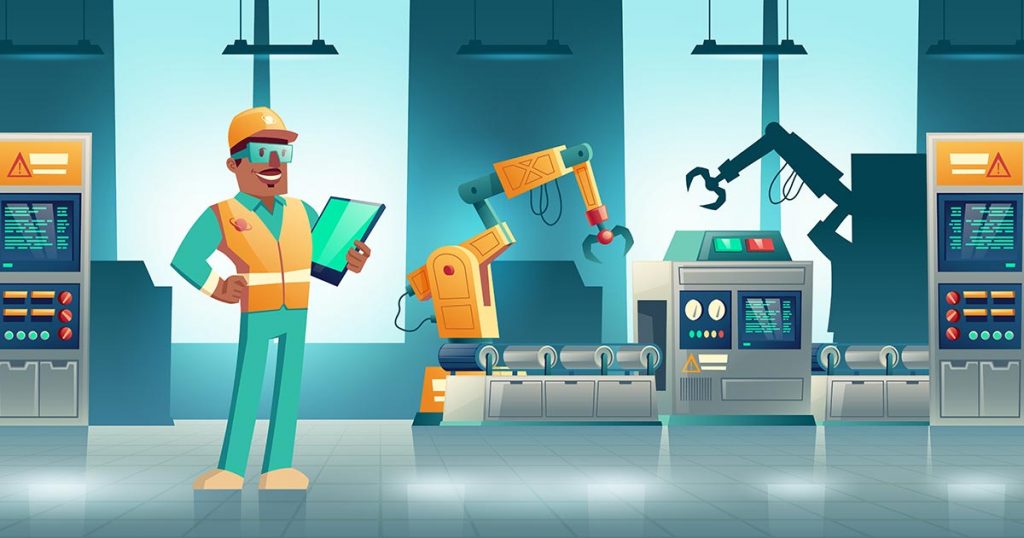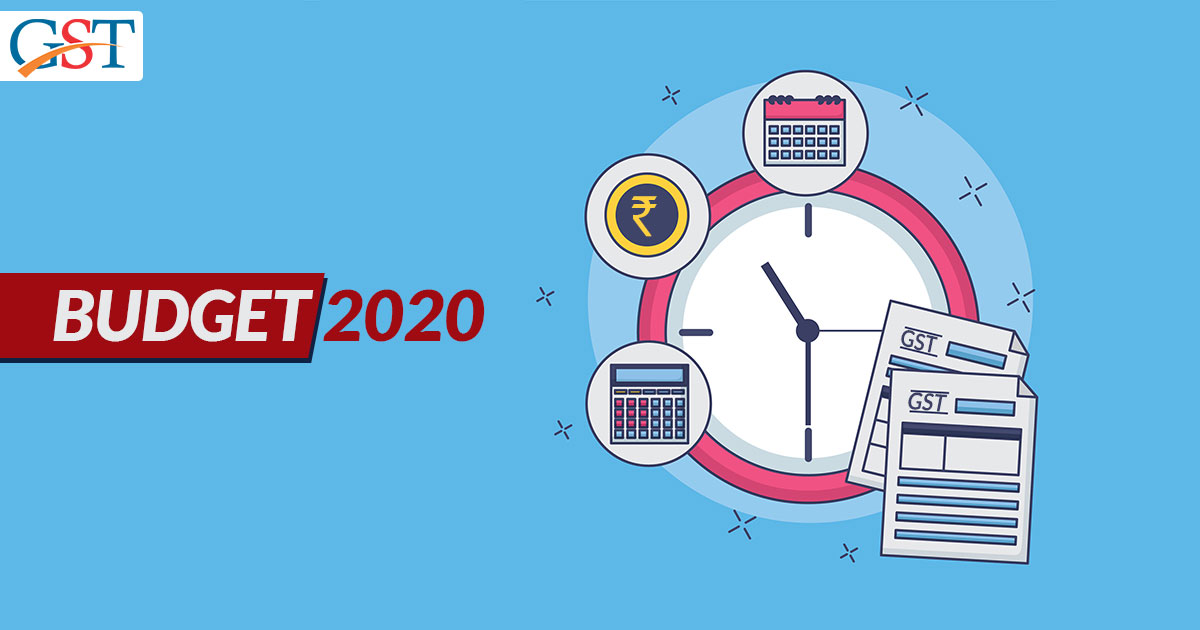
The electronic sector is seeking the government to lower GST rates and remove the import duty on inputs used to manufacture appliances domestically.
In Budget recommendation, CEAMA’s president, Kamal Nandi said that lowering GST on eco-friendly and energy effective electronic appliances like air conditioners and refrigerators will definitely boost the demand for such items leading to increased adoption of such sustainable appliances. Budget 2020 
The administration has already granted a reduced GST leverage on most of the appliances excluding air conditioners and large screen television sets (above 32 inches) which still continue to be on higher tax slabs of 28% despite being energy-efficient and long-lasting. Others attract below 18% GST.
18% GST on television (32 inches) and air conditioners will bring down the skyrocketing prices of such commodities and in turn increase their consumption, demand and production. The drop in GST slab rates Grab the information of revised GST slab rates on consumer products in India, Although the GST council finalized the slab rates like 5%, 12%, 18% and 28%. Read More will increase the affordability of such commodities which may lead to more investment in the sector, thus upgrading economic growth in the sector.
Currently, the entry of refrigerators is at 33%, 12% for washing machines, 5% for air conditioners and 65% for television sets. Nandi said the sector faced a huge halt in its sales this year due to increased GST rates accompanied by huge custom duties, global economic changes, fluctuations in the currency and commodity market. Next year’s demand is un-predictable.
The domestic market is even wrestling against the import of cheap Chinese commodities that are getting popular among consumers. The government should consider granting relief in customs duty for elementary parts imported to make these components, said Nandi.
He further insisted on allowing R&D expenditure on professional assistance taken in the manufacturing of such appliances like aesthetic designing, prototyping and electronic controls designing.
Moreover, to augment domestic sales government has to introduce certain provisions that give preference to locally manufactured goods over imported ones says Nandi.